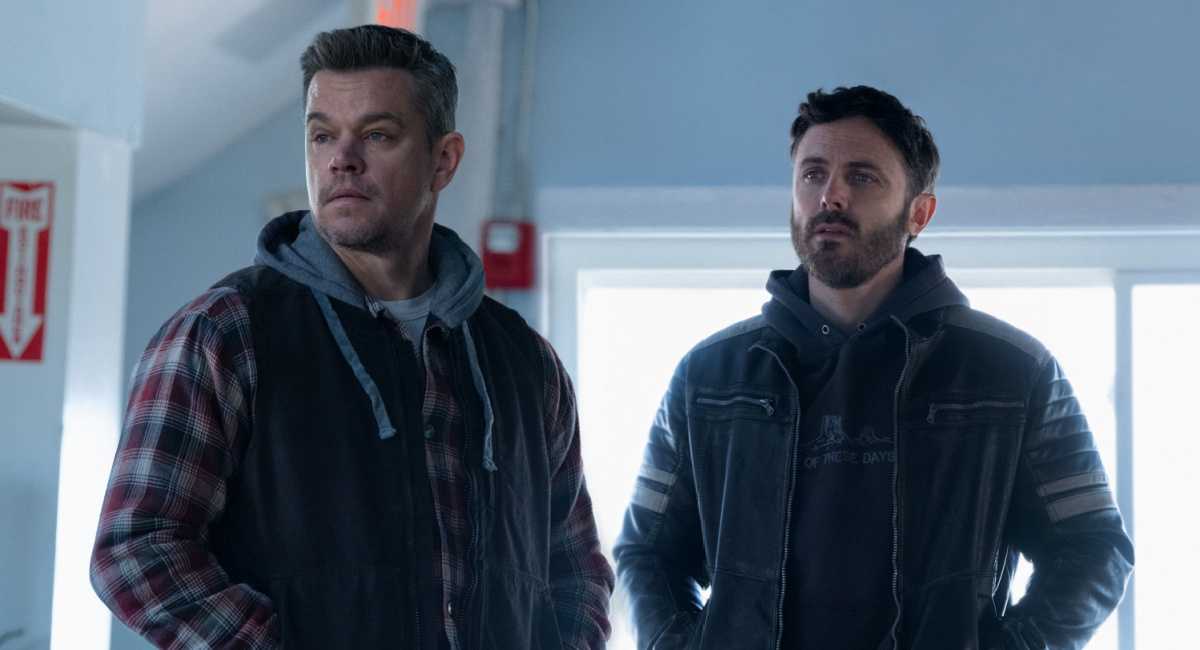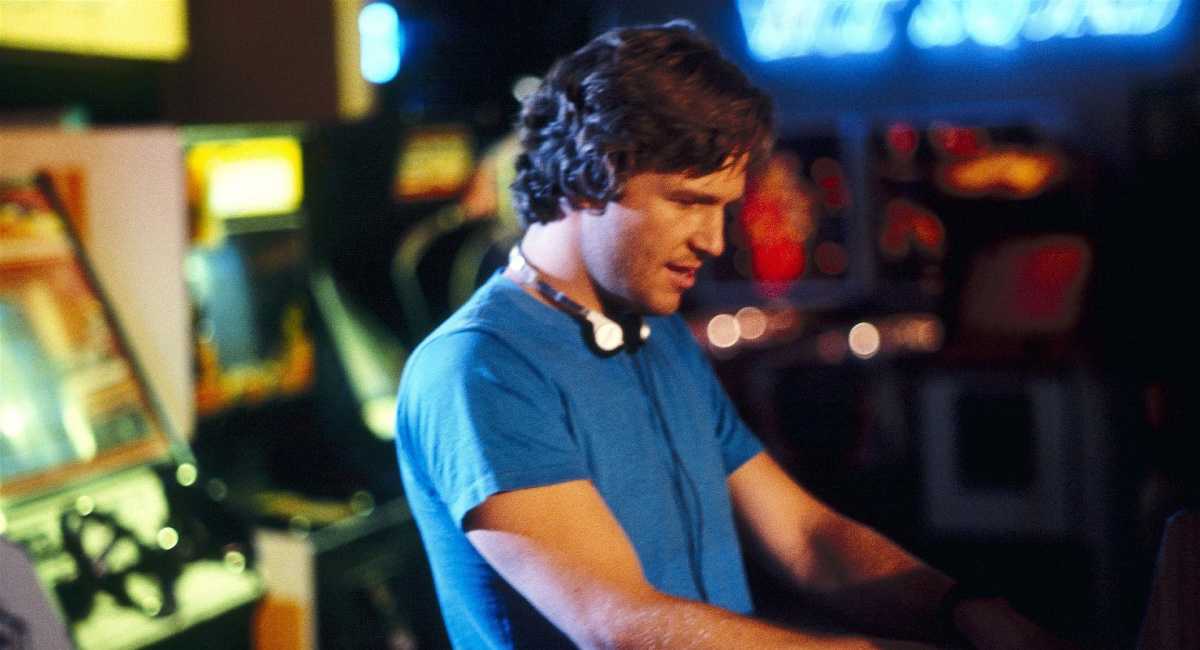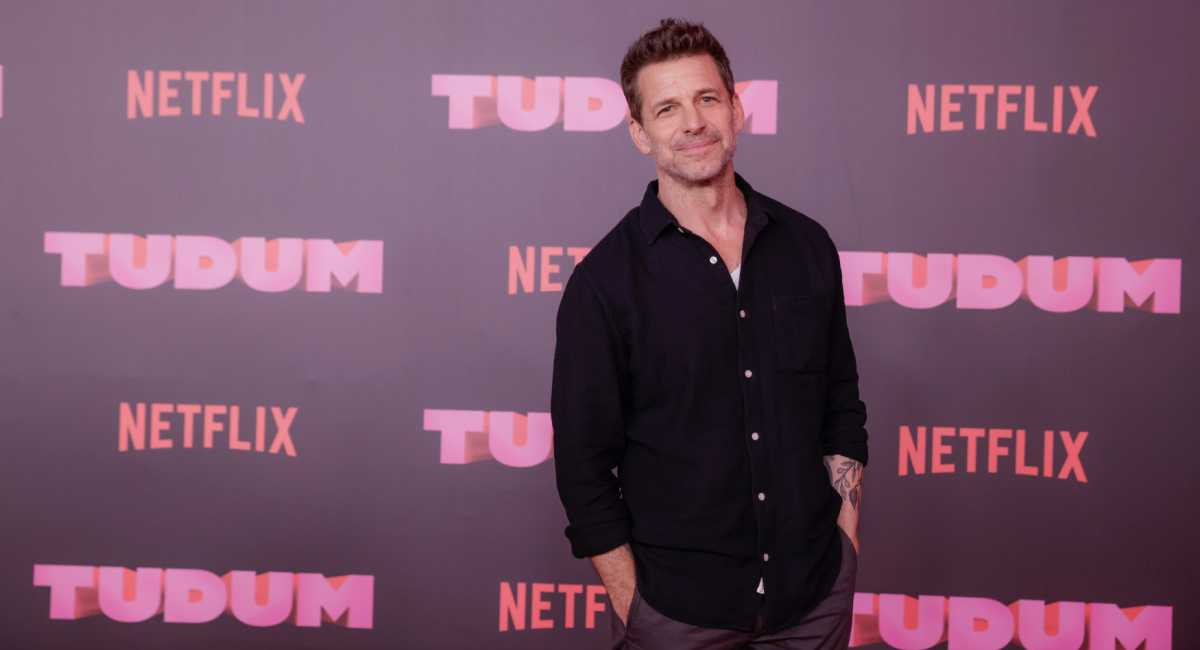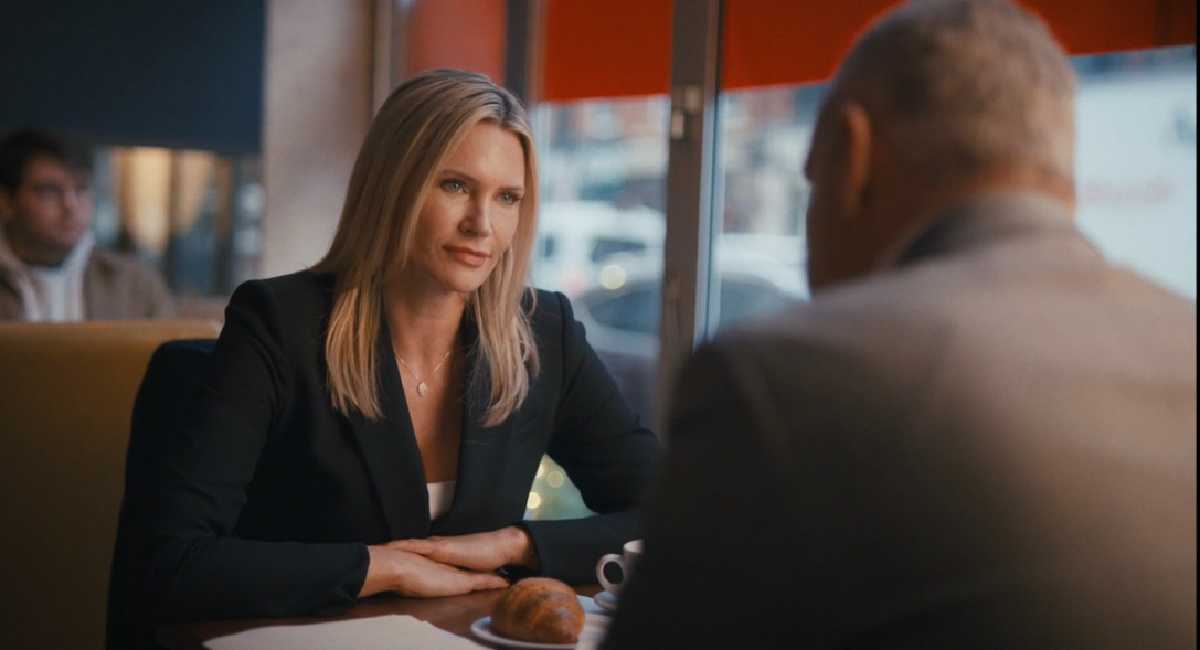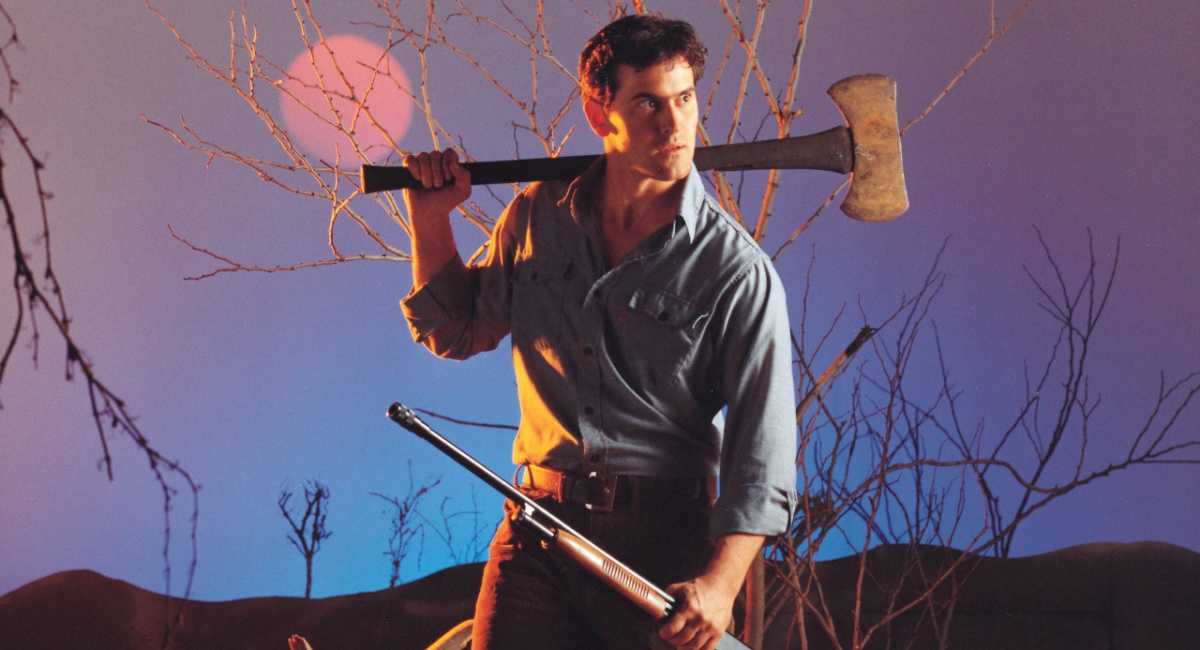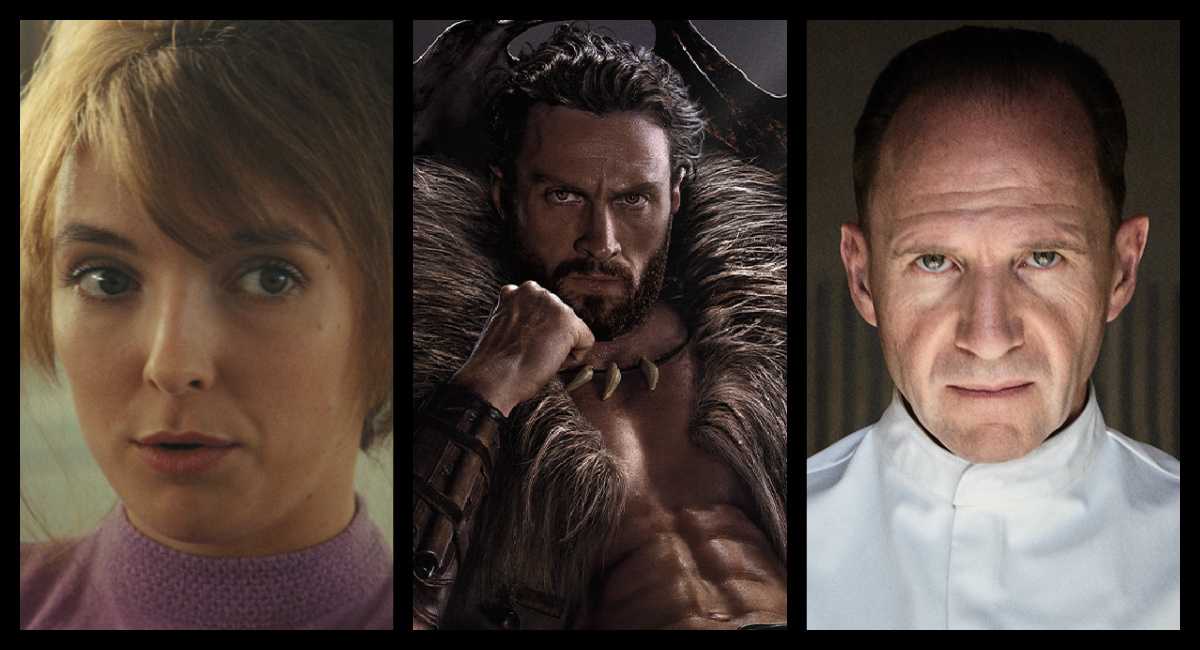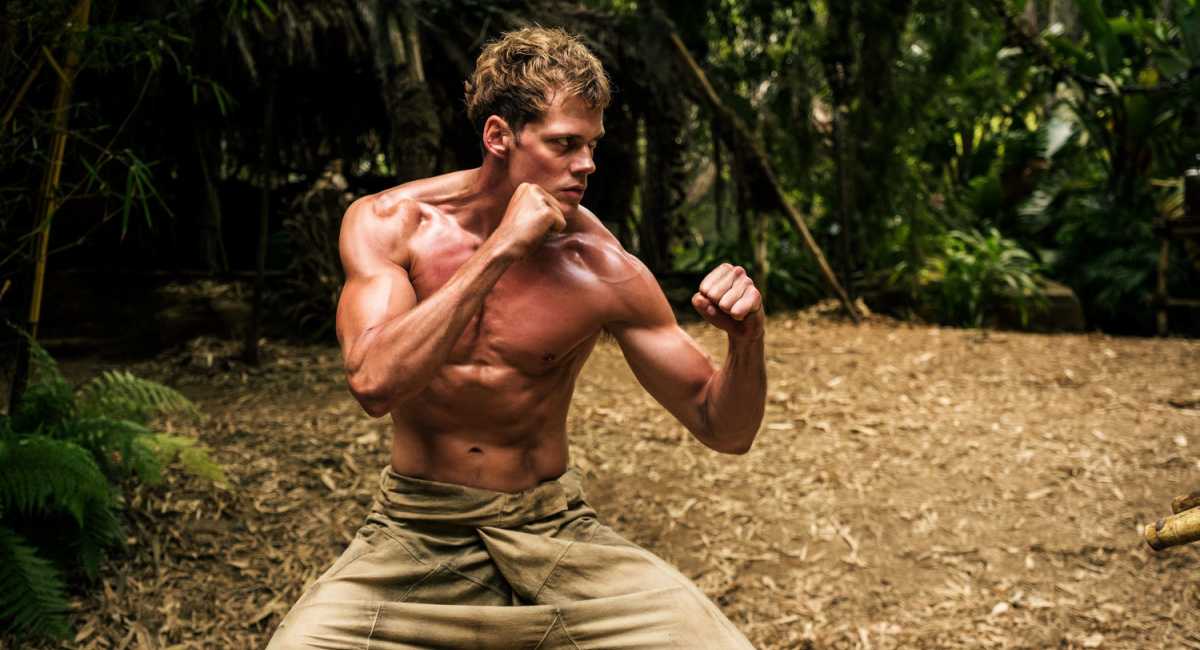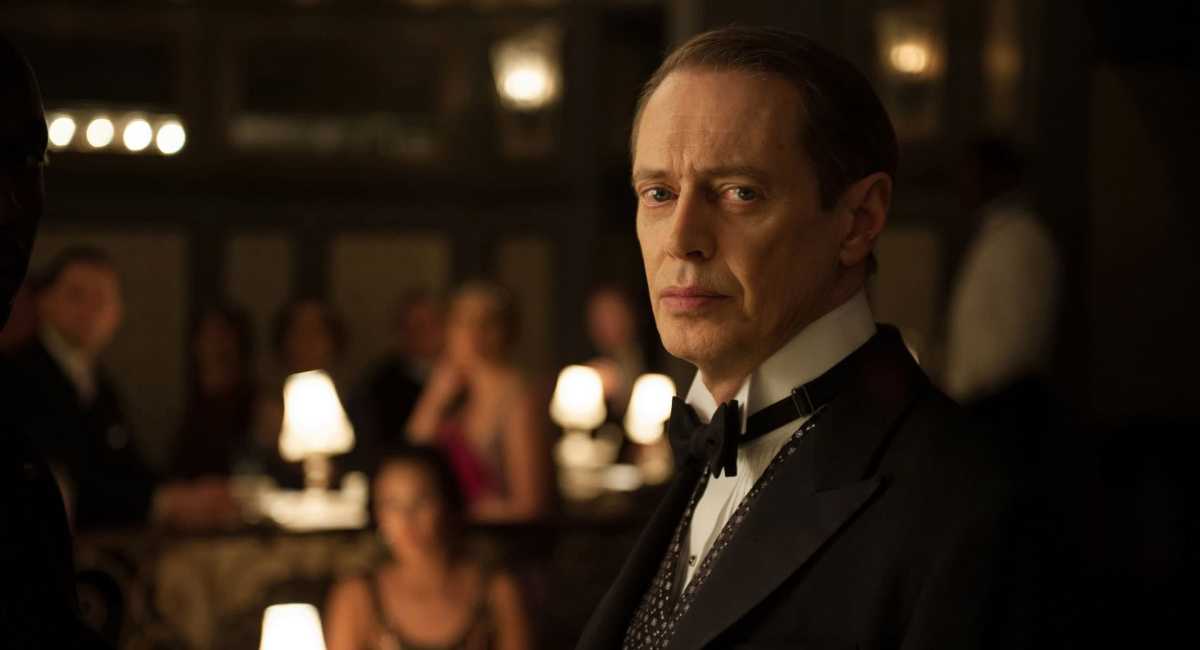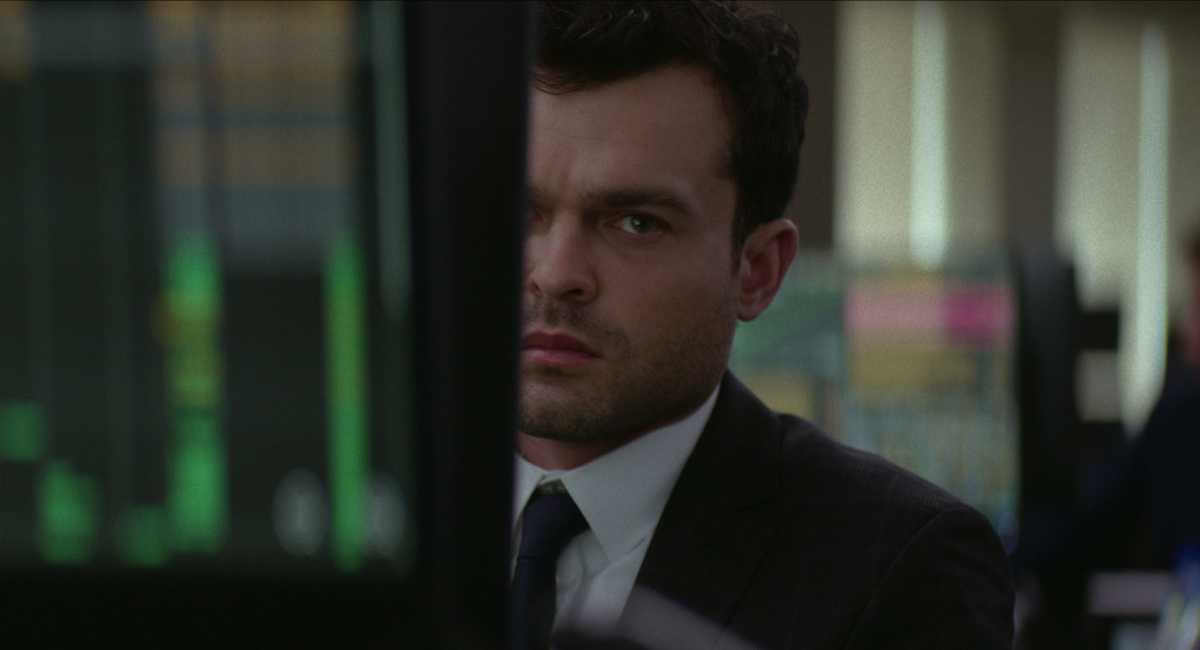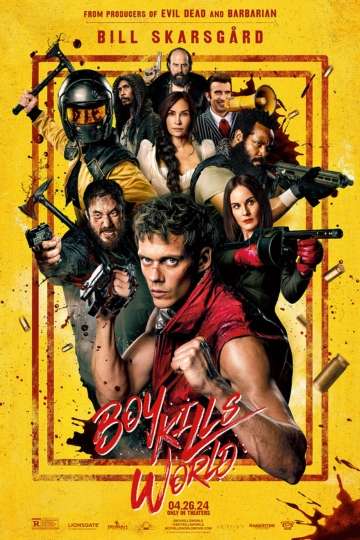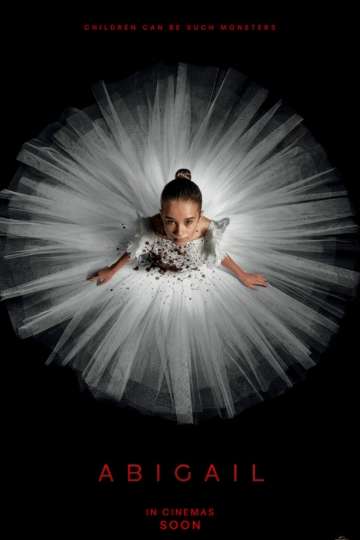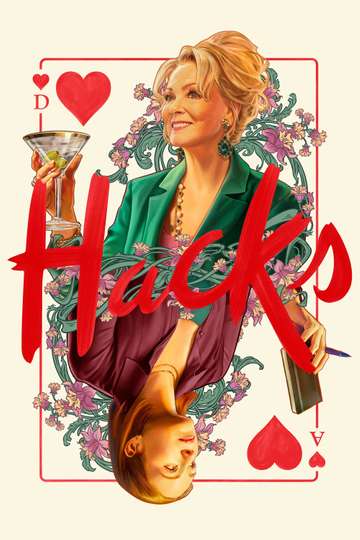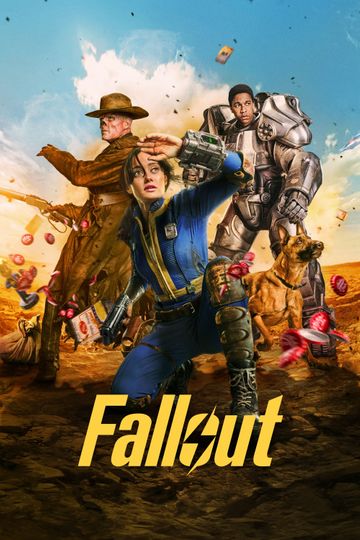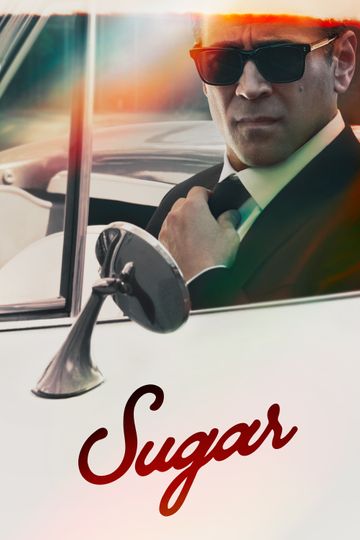The Importance of Being Ernie Hudson
Ernie Hudson's been at this acting thing for four decades now, and it's certainly paying off.
Not only has Hudson racked up credits in projects that are acclaimed ("Oz"), beloved ("Grace and Frankie," Epix's "Graves"; Showtime's upcoming "Twin Peaks" revival; and, most recently, Fox's offbeat crime procedural "APB," playing the grounded voice of an experienced law enforcement veteran who is nevertheless intrigued by the plans of a tech billionaire (Justin Kirk) to introduce some innovative crime-fighting tools to a crime-ridden district in Chicago.
It's the latest addition to the array of cop types played by Hudson, who shared memories of his own volunteer service and points out some of his favorite roles in conversation with Moviefone.
Moviefone: You're busy all the time ... always! What was it that you saw in this character and in "APB." that made you want to be a part of it?
Ernie Hudson: If I'm honest, I love the fact that they liked me enough to offer me the role, and to not bite me for what I asked for. I read the script, loved the script. I thought it was really wonderful. I was a fan of Justin Kirk, but my character, I wasn't sure what it was in the beginning because it just wasn't really clear. I had so many questions, that have been since answered very well, very nicely, so I'm really excited.
I love this character, and I love this guy who I've sort of discovered as we've gone along. About the third episode, they begin to really write and bring the character forward. I was sitting there going, two guys, "What am I doing here? I know they're paying me a lot of money" -- or they're paying me a fair amount of money! -- but yeah, I get the importance of this guy, and I get this character, and it's probably one of the most enjoyable roles I've played anywhere. But it took me a while.
I can't say that's the reason I took the part, but I always appreciate when people say, "OK, we like your work and we want to work with you."
I like the energy that you brought to Conrad, the voice of reason in this high-energy, turn-on-a-dime scenario.
Yeah. I think so much stuff is going on, some of it I don't totally understand, certainly the character doesn't understand. But I think he's a guy who has to say, "Wait a minute, we're grounded in something and we can't lose that. We can't lose our place." I think he wants to support this change. It's a big change, but he also recognizes that the old way doesn't work, and we're losing ground every day. So the idea of something new coming in, but also doesn't want to just sort of let everything just go.
So he's the guy who has to say "no" sometimes, and he's the guy who brings things back to the reality. And there's a reason why we do procedure the way we do, and it's important, so we can't lose that. But on the other hand, we have to go to a different place. And this guy has some ideas and things that my character's feeling is, if it works, I want something that works. He's never been in a position to be able to say that.
Before [Justin Kirk's character, Gideon Reeves] comes along and I'm made captain, I'm sergeant, and I'm following orders that I don't particularly agree with, seeing things happen in the department that I don't like. He also lives in the neighborhood that is least served, having seen it fall apart over the last 50 years, but he still lives there. So it's personal to him, that my other captain and a lot of the other people did get why it was so personal. So this is a chance that he never thought he'd have.
He was really ready to throw the cards in and go, "You know what, I've been here, I've seen it." He's been passed over, and has to work out in his head, why I didn't get that promotion. And I think there's a resignation. And when [Gideon] comes in and everybody's up in arms and doesn't want to work with him, there's a part of my character who goes, "Wait a minute, maybe this can be the difference that we need."
You've seen stuff that you had to turn and look another way. To my wife, who's about to have a stroke with this whole turn of events and the political scene, I keep going, "Let it go, because we know what we had doesn't necessarily work. We need something, whether this something, but maybe this something will lead to something else. I don't know. But sometimes things turn, and that's OK. I'm going to have to be OK with that."
So that's kind of where my guy is, and to me it's a wonderful character because he's in a different place, and a place that he never, maybe on some level he thought he'd be, but it's a chance to do something radical.
Did they bring you anybody like him in real life to talk to or study?
I met some of the other police people in Chicago, a couple of captains. In fact, we had a couple people working on the show. But I haven't really met anyone. When I did "Oz," I met the warden who I kind of based my character on, but I haven't met anybody like this guy.
I'm in Chicago, I don't know if you saw the "60 Minutes" report a couple weeks ago, about the police there, arrests have been dropped by two-thirds. The shootings -- and I'm standing on the streets, I'm there -- it's definitely a disconnect. So yeah. We're shooting in Chicago. Part of it is just how I reason or imagine, but I haven't met anybody yet quite like that. I've done police roles, and did the ride-alongs. I think if I were a captain, this is how I'd feel.
Tell me about those ride-alongs. I used to cover police and crime and used to go out with the undercover guys. What's fun and maybe scary about a ride-along for you?
Yeah. The hardest part for me in doing the ride-alongs, I did a television show called "10-8" a few years back. We were in Compton, and then we were -- a couple different ride-alongs over the years. Also, I was with the San Bernardino Sheriff's Department. I was a volunteer Sheriff for about 20 years, actually. It's interesting. It's not the kind of work I could do.
Also, it's part of a system. It's not just a cop who makes a decision, but it's a cop who's doing his part of the job, but then once you introduce this person to this other part, then it can get out of control. It's a very complicated business, and I could not do it. I've talked to a lot of cops. I used to, because I'm not with them anymore, have to go and qualify. The choices that they make, yeah, I don't totally understand it. It'd be a little hard.
It's interesting. There's something, especially in Chicago, because the possibility that something can go wrong, and suddenly, what seems like a typical thing turns into a life/death thing. Yeah, it's not a life I want. I appreciate those who do.
You've had such a busy career, and everybody knows you from "Oz," everybody knows you from "Ghostbusters." But if people are fans of that work or find you on this show, what are some of your favorite jobs -- projects that you'd say, "Hey, check out this movie? I really like that movie. I really like what I did in that movie."
Right. Maybe that's a good thing, because people don't always connect the characters -- big fans of "The Crow," but didn't know that it was the guy from "Ghostbusters." Or "Oz" or whatever, "The Hand That Rocks the Cradle."
There are a few movies: I love "The Hand That Rocks the Cradle," and I love "Congo." I love "Congo." "Congo" was so much fun. People either love "Congo," or really hate it. I thought, "What's the hate? I had a great time!" "The Substitute." There's been a few.
I'd like to do more feature stuff. I've got three TV shows going right now. But it would be great to find a great feature to kind of get in. It's a whole different kind of work. Yeah, but also, I'm at a point now I'm not worrying about it. It'd be great if it happens, but I'm good.
Justin Kirk brings such a fun energy to anything he does.What's fun about taking your guy's energy and bouncing it against Justin's?
I love Justin. I will say this. I don't think I've ever told him this, so it's kind of odd saying in public: what I like about Justin is he brings this unique energy to his character, which makes, obviously, my guy is a kind of grounded guy, so essentially to play off of that kind of reminds me of my kids in a way. So that's all well and good.
What I really admire about him, two things: he's always on point. We're working, people come in and they're kind of not -- Justin is always prepared. I've never seen him not on point. That's kind of unusual, especially for young people. I do "Grace and Frankie." Those guys are always on point -- that's the old school. You better be on point when you show up there. Justin is always there.
But what I really like most about him? I like the way he treats the crew and the extras, and just people in general. He's just such a nice person, and not because he has to be. I don't know how that sounds. I've worked with a lot of people. Some people have a different approach. Some actors feel they can't talk to anybody or whatever. I like the way he carries himself, and I appreciate it, because I haven't seen that in a lot of people I've worked with. To me, it's important.
When you're the first guy on the call sheet, it sets the tone.
Yeah, absolutely. I've worked on some shows that people are like insane. I'm like, really? But you're right. It gives everybody else the excuse to be, and he does it. He's there, he's 100%. Yeah. I don't normally say that about many people, but I do appreciate him. But it's a great cast. Everybody is. But he does set the tone.



